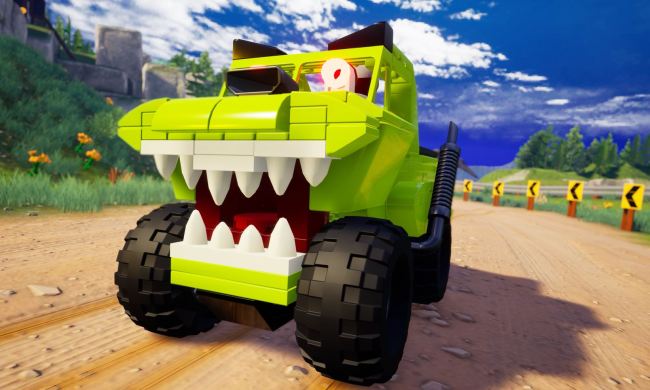Starfield will be one of the biggest games of 2023, but I'm not that excited to play it yet.
While Starfield's spotlight at the Xbox & Bethesda Games Showcase this year highlighted some impressive features, I couldn't shake the feeling that I'd already gotten everything I'd want from a traditional sci-fi RPG like this from another game: The Outer Worlds from Obsidian Entertainment. Ironically developed by another Microsoft-owned studio, The Outer Worlds showed that bloating up a sci-fi game with thousands of planets isn't necessary when a "less is more" mentality can still result in an expertly designed sci-fi RPG.
Although The Outer Worlds might not be as nearly as grand as Starfield in scope, it still leaves an impression every time I revisit it. It's a focused, replayable, and hilarious adventure without much bloat, which is what I want from my RPGs. It does this while emulating Bethesda's classic The Elder Scrolls and Fallout games too, beating Starfield to the punch.
Starfield could impress me when it launches, but what I've seen of it hasn't got me that eager to play it when I'm so content with replaying The Outer Worlds while avidly waiting for its sequel.
Starfield: Official Gameplay Reveal
Fewer worlds, more fun
From the moment your escape pod accidentally lands on a bounty hunter that's supposed to help you, it's clear that The Outer Worlds is a tongue-in-cheek, satirical take on capitalism, colonization, and the sci-fi genre as a whole. While Bethesda Game Studios' narratives have their fair share of humor, much of its writing tends to be more serious and dryly written. We haven't seen enough of Starfield's dialogue or narrative to get a sense of its thematic identity yet.
Starfield's narrative could be more playful than we've seen so far, but the game's massive scope is what really worries me. During the Microsoft showcase, Todd Howard boasted that there are over 1,000 planets to explore. Because Starfield is so huge, I worry that it risks feeling unfocused. Will I get bored on planets that aren't very handcrafted and don't have as much to do? It's the same potential issue that infamously plagued No Man's Sky at launch.
Meanwhile, The Outer Worlds and its upcoming sequel are intentionally designed to avoid those bloat issues, according to former Obsidian Entertainment Narrative Designer Nitai Poddar in a 2019 Game Informer interview. "There is a lot of value in having an open-ended game that is still structured around individual discreet levels," he said. "It also tends to be easier to develop, and I'm always a fan of making the most of a budget that you have."
The Outer Worlds' developers didn't have a huge budget, and kept the game small but very tightly designed as a result. You might not be able to explore entire planets or fly between them, but you'll definitely remember what you did on every single one you visited. This smaller scope allowed the studio to make the world more reactive to each dialogue choice and player decision.
Playing a combat-focused build in The Outer Worlds gives you an entirely different experience than a dialogue-driven playthrough. You can also murder or scorn everyone you meet in The Outer Worlds, and the game accounts for it in tangible, narrative ways. This makes The Outer Worlds a great sci-fi roleplaying experience, and I'm hopeful its sequel will be too. I'm not as hungry for a sci-fi RPG on such a potentially problematic large scale anymore when The Outer Worlds and its handcrafted worlds and narratives are so enjoyable moment-to-moment, just like classic Bethesda games.
Where both games will boldly go
As far as sci-fi experiences go, Starfield can stand out from The Outer Worlds with its combat, base-building and shipbuilding, and space combat. But when it comes to the core tenets of Bethesda's best RPGs -- compelling characters, well-written narratives, and lots of reactive and choice-driven moments -- The Outer Worlds beat Starfield to the punch without any additional fat. I already have the Bethesda-like sci-fi experience I always wanted.




